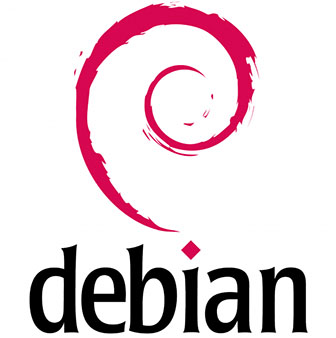How To Install Mesa Drivers on Debian 12

In this tutorial, we will show you how to install Mesa Drivers on Debian 12. Mesa drivers are crucial for Linux users seeking to enhance their graphical performance, especially for gaming, graphical applications, and general system performance. Debian, known for its stability and reliability, benefits significantly from the latest Mesa drivers, offering improved compatibility and performance for a wide range of graphics hardware.
This article assumes you have at least basic knowledge of Linux, know how to use the shell, and most importantly, you host your site on your own VPS. The installation is quite simple and assumes you are running in the root account, if not you may need to add ‘sudo‘ to the commands to get root privileges. I will show you the step-by-step installation of the Mesa graphics drivers on Debian 12 (Bookworm).
Prerequisites
Before proceeding with the installation of Mesa Drivers on Debian 12, ensure you meet the following requirements:
- A server running one of the following operating systems: Debian 12 (Bookworm).
- It’s recommended that you use a fresh OS install to prevent any potential issues.
- SSH access to the server (or just open Terminal if you’re on a desktop).
- An active internet connection. You’ll need an internet connection to download the necessary packages and dependencies for Mesa Drivers.
- A user account with sudo privileges to execute administrative commands.
Install Mesa Drivers on Debian 12 Bookworm
Step 1. Before proceeding with the Mesa driver installation, ensure your system is up-to-date to avoid any compatibility issues.
sudo apt update sudo apt upgrade
Additionally, add the contrib and non-free components to your sources.list if not already present:
deb http://deb.debian.org/debian/ bookworm main contrib non-free
Update packages list:
sudo apt update
Step 2. Installing Prerequisite Packages.
Now install the following prerequisite packages:
sudo apt install libgl1-mesa-dri libglx-mesa0 mesa-vulkan-drivers xserver-xorg-video-all
Step 3. Add the Kisak-mesa PPA.
The Kisak-mesa PPA is known for providing the latest stable versions of Mesa drivers. To add this PPA to your Debian system, execute:
sudo add-apt-repository ppa:kisak/kisak-mesa
Then, update your package list to include the Kisak PPA repository:
sudo apt update
Step 4. Installing Mesa Drivers on Debian 12.
With the PPA added, you can now install the latest Mesa drivers by running:
sudo apt install mesa-vulkan-drivers libgl1-mesa-dri libglx-mesa0
After installation, it’s a good practice to verify that the new Mesa drivers are correctly installed and check their version:
glxinfo | grep "OpenGL version"
This should display the latest Mesa version installed.
Step 5. Troubleshooting Common Issues.
- Dependency Issues: If you encounter dependency issues during installation, ensure your system is fully updated and consider manually installing any missing dependencies.
- Performance Expectations: While updating Mesa drivers can improve performance, results may vary based on your hardware and the applications you use. For specific performance issues, consult the Mesa3D documentation and community forums.
- Reverting Changes: If the new drivers cause issues, you can revert to the previous state using system snapshots (if available) or by installing the specific version of the Mesa drivers that were previously used.
Congratulations! You have successfully installed Mesa Drivers. Thanks for using this tutorial to install the latest version of the Mesa Drivers on Debian 12 Bookworm. For additional help or useful information, we recommend you check the official Mesa website.